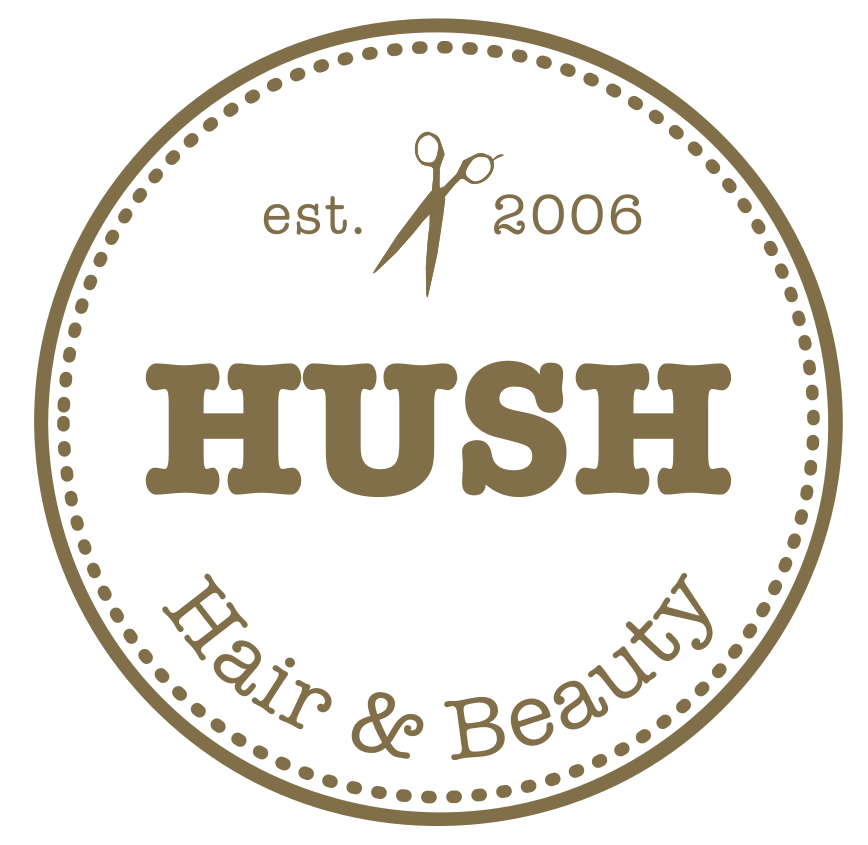5 Things That Cause Your Hair to Change Its Texture
 No one is exempt from a bad hair day and for all your efforts, it may not even be within your control. Whether you’ve got virgin hair or it’s been chemically processed to death, your mane is guaranteed to change its texture—be it from straight to wavy to curly or the other way around—as many as seven times throughout your life. So which changes are strictly biological and which ones are self-triggered?
No one is exempt from a bad hair day and for all your efforts, it may not even be within your control. Whether you’ve got virgin hair or it’s been chemically processed to death, your mane is guaranteed to change its texture—be it from straight to wavy to curly or the other way around—as many as seven times throughout your life. So which changes are strictly biological and which ones are self-triggered?
Hormones. This is probably the #1 culprit people point their fingers at for any hair woes—and for good reason. Those chemical signals directly impact your hair growth. The most obvious change happens during pregnancy, when women generally notice thicker, shinier strands. Lots of people credit this to pregnancy vitamins, but it’s actually estrogen that causes your natural shedding to stop, giving the illusion of thicker hair.
Hormones don’t always have such desirable effects, however. “Thyroid imbalances can influence changes in hair texture,” notes Phillips. “The hair can appear coarser, feel dryer and more brittle.” Other hormonal hair-changers are insulin, androgen and thyroxine/triiodothyronine, which cause hair loss, thinning and dryness when off kilter. If you notice any of these drastic changes, you might want to see a doctor.
Health & Diet. A poor diet does a lot more than just go to your gut—it affects your skin and hair, too. To be its healthiest, your mane needs zinc, biotin, iron, vitamin E, and omega fatty acids found in hair-friendly foods including salmon, dark leafy greens like spinach and kale, eggs, avocados, and oysters. If your diet is low in nutrients and high in alcohol consumption, your hair will potentially become very rough and dry. Same goes for an iron deficiency, which can cause strands to become brittle and coarse. You know your hair best, so if it seems out of character, a nutrition check could turn things around.
Aging. This one shouldn’t be a surprise, seeing as we’re familiar with aging’s affects on our skin. As we grow older, the oil glands on our scalp produce less sebum, resulting in coarser-feeling hair. And once you hit your forties, you can pretty much expect your mane to appear thinner and less voluminous. “Generally speaking, each follicle is still producing a hair but the diameter of each individual hair can marginally decrease over each growth cycle,” explains Phillips. Something to look forward to, right?
Medication. Anything you put in your body has an impact on how it operates, but that’s especially true for medication—even commonly used ones like painkillers, acne treatments, beta blockers, and prescriptions for depression and blood pressure. Their affects are mostly mild but wide ranging—anything from changing your hair’s texture to major hair loss—and reversible once you’re no longer taking that medication. Chemotherapy treatments are notorious for causing rapid and total hair loss, since they aggressively attack fast-growing cells—both cancer hair-growth.
Chemical Treatments. Unlike the aforementioned causes, you have the most control over this one—but be warned that even standard chemical treatments such as bleaching, coloring, and perming come with unanticipated side effects. Chemical color treatments can vastly change your hair’s structure since anything that opens the hair cuticle without resealing it leaves your texture susceptible to change. A finishing glaze or gloss treatment can help with that last step, as well as using frizz-fighting hair products with silicone.
Source: http://stylecaster.com/
Hush Hair is one of Birmingham’s leading contemporary hair and beauty salon, whether you are looking to reinvent your style or perhaps create an edgy, hot off the catwalk look, our expert hairdressers provide an unparalleled bespoke salon experience.
HUSH Hair is a 100% independent Birmingham business that employs only the best hairdressers and salon assistants in Birmingham.
